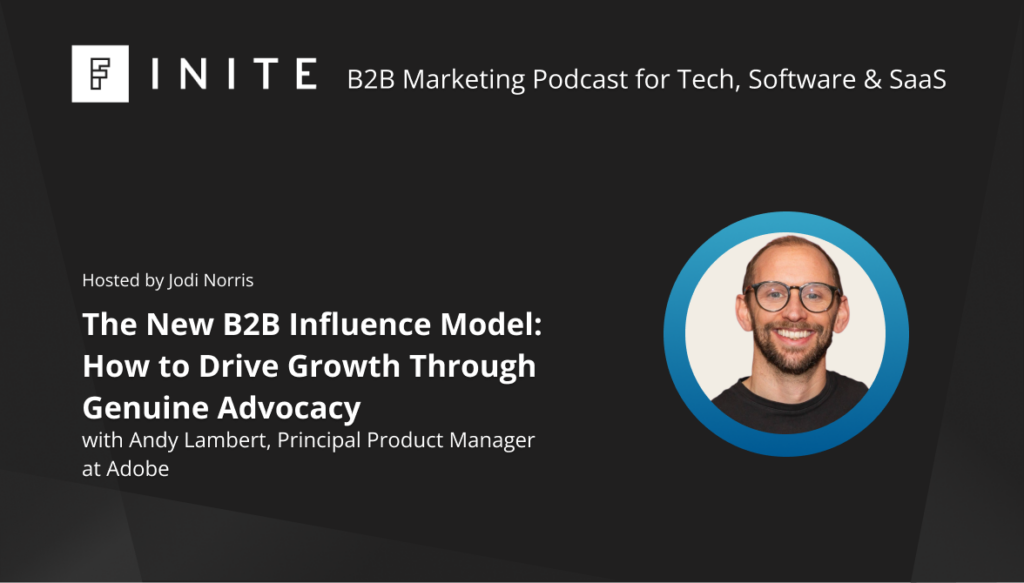What happens if Twitter ceases to exist? The instability of the platform that so many people–and companies–use to communicate has revealed how deeply we have come to depend on open communication and connection across communities and borders. The deep cuts Elon Musk is making to his company, both in team and product, may change it so much that its existing vibrant community will leave. Alternatives have begun to emerge, but the reality is that nothing will be just like Twitter. We need to be ready to adjust our thinking and our strategies for reaching new audiences.
The most likely platforms to immediately reap the benefits of Twitter’s fall from grace are Mastodon and Discord, both decentralized communications platforms that allow anyone to spin up a server (or instance) and host a community. Discord was launched in 2015 to provide gamers with a place to connect and communicate while they gamed. Mastodon was launched in 2016 as a response to Facebook and Twitter, and the rise of user-as-product social media platforms. They are deeply different from Twitter, but that doesn’t mean they aren’t potential channels for the next generation of marketing.
What are they? Here’s a thorough and handy guide to Mastodon. Here is a similar guide to Discord.
Mastodon and Discord are interesting opportunities for marketing because they have existing users who understand how to navigate the communities within the platforms. They are challenging because community-centric marketing takes more time to develop and requires a higher level of human touch in management than commercial social media platforms. You can’t just schedule an ad and watch the engagement roll in. You have to find the right communities, become part of them, and talk directly to individuals you want to target rather than using data targeting and other technologies that place a wall between you and your target.
From a usage standpoint, both will be clunkier than Twitter in that there is no one centralized place or feed to get users started like there is a “public” feed on Twitter or Facebook when you sign up. That's the decentralized part. When you join, you join a server/instance to host your account before you choose your handle and then find the communities you want to engage.
- What’s Good?
- Peer-to-Peer Communications: We understand a platform like Twitter that removes barriers between brands (be they private, non-profit, public, or personal) and their audiences. Removing those barriers creates peer-to-peer conversation, an excellent way to sell products or spread information.
- Existing Communities: Both Mastodon and Discord are new without being new-new. People are already there, and they can join communities that friends, colleagues and influential audience members are already using. While there will be barriers to entry, they won’t be as large as waiting for a new platform to launch and attract an audience.
A note on Mastodon:
Mastodon has some features that allow for automatic cross-posting which, if the server they join is set up for it and a user can get it set up correctly, will allow them to basically run accounts on other platforms (like Twitter) from a distance without having to engage. Two platforms (or more) for the effort of one.
What’s the Catch?
Parallels aside there are viability concerns for marketing through these platforms:
- Both are free but not necessarily private. Each server/instance is its own fiefdom. What does this mean? Protecting user information is done at the whim of the moderators on their server or instance. Potential challenges abound including spinning up servers, moderating communities, and aligning with regulations.
- Both platforms have generally been made for users with deeper technical knowledge than the lower barriers of entry on commercial social media sites like Twitter and Facebook. The UX can be clunky and not particularly user-friendly. Also, Mastodon is not a company with a department making improvements to that UX. Frustration may cap its viability as a Twitter replacement.
- Most importantly for brand purposes, there is no “verification” process in a centralized fashion. If a client or person of influence is being impersonated, there is no one to go to aside from individual instances’ moderators, and there’s no promise they will comply with your request.
Capitalizing On Community
The most natural opportunity for brands to engage in community-led marketing will be customer service instances with servers devoted not just to fielding requests and frustrations but also proactively educating consumers and cultivating homegrown influencers. What will be truly exciting to see will be the innovative ways brands and their audiences adapt to these platforms and develop new and perhaps unthought of ways to connect and spread awareness of a company’s work. User generated content may grow as a measurable KPI. Inbound requests for content from engaged audiences could spark product development or education opportunities. The possibilities are endless.
All of this said, there are opportunities for agencies and brands to step forward and lead in these spaces, providing safe and friendlier community-driven environments for their audiences that could lead to lucrative marketing opportunities in the future. Additionally, our team at Epoch Partners is ready and able to work with businesses that are interested in exploring the web3 space. Reach out today to schedule a 30-minute free consultation.
Share this
MORE
INSIGHT
Fearless tactics to achieve your strategic success
As a consultancy, our full-funnel marketing and communications solutions are designed to fearlessly deliver business results across multiple industries and service areas.









